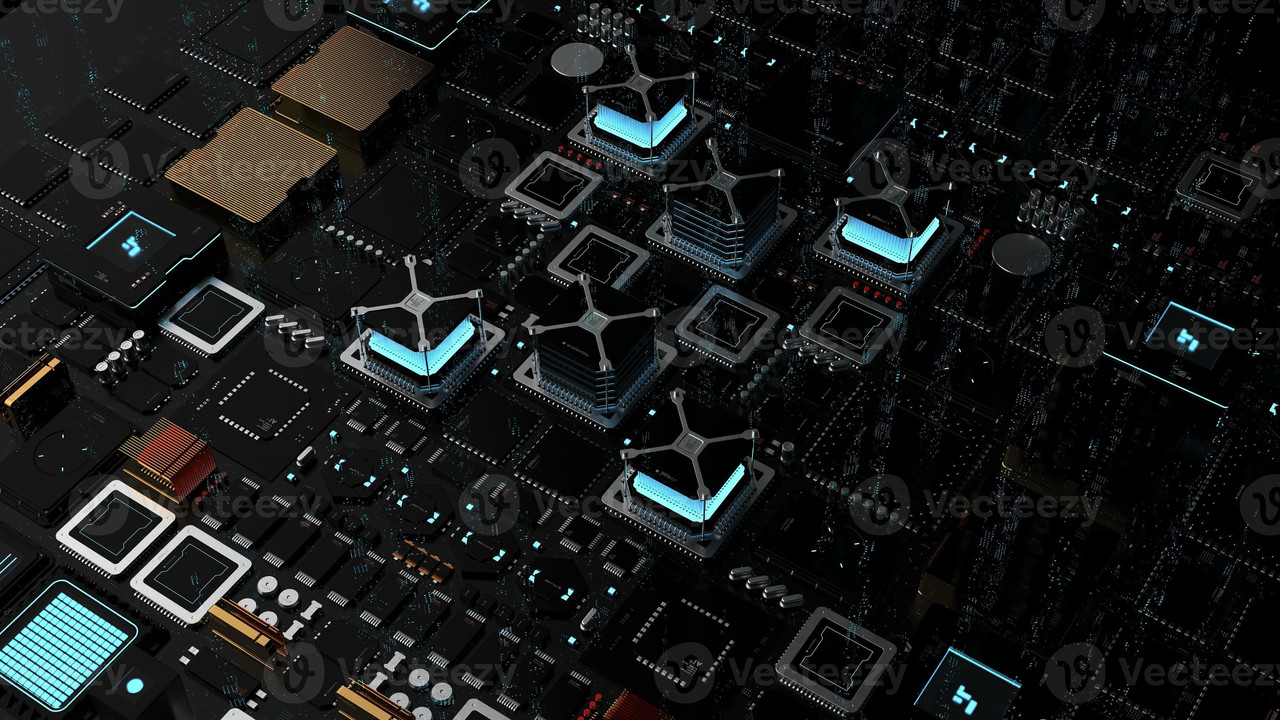What is Computing Power?
What's so great about a supercomputer? Will it eventually leap over tall structures with a single sentence or defend the freedom of innocent people? The facts in question are a little more mundane. . Supercomputers can quickly process complex estimates.
For reasons unknown, this is the secret of power registration. All that matters is how fast the machine can perform the activity. Everything a PC does is broken down into mathematics. Your PC's processor decodes every command you execute as a series of numeric questions. Faster processors can handle more computations per second than slower processors. It also excels at handling very extreme estimates.
Your PC's processor has an electronic clock. A clock's job is to produce a series of electrical beats at regular intervals. This allows the PC to synchronize each part and determines the speed at which the PC pulls information from memory and performs calculations.
When we're talking about gigahertz numbers for processors, we're really talking about clock speeds. This number indicates the electrical heart rate that the computer processor sends out to him in one second. A 3.2 gigahertz processor sends about 3.2 billion heartbeats per second.
Making some processors faster than their advertised limit (an interaction known as overclocking) is viable, but the clock eventually hits its limit and doesn't get any faster.
Since Walk 2010, the performance record has been taken over by a Bonkers XT5 PC called Panther. The Puma supercomputer can handle up to 2.3 trillion guesses per second [Source: Public Community of Computational Science].
PC execution can also be evaluated in fluctuating tasks or dips per second. Today's PCs have processors capable of handling billions of drift point activity, or gigaflops, per second. Multiprocessor PCs are superior to uniprocessor machines because each processing center can handle a fixed number of estimates per second. Different main processors consume less power and increase computing power.
In fact, even a fast PC can take a long time to complete certain tasks. Finding two prime variables of very large numbers is a tedious task for most PCs. First, let pc decide on a huge number of variables. Next, the PC needs to determine if the variable is an atomic number. For very large numbers this is a difficult task. Estimates are that a PC can last several years.
Future PCs may be able to detect such errands a little more easily. A working quantum PC with enough power can compute 1-fold numbers and give the most probable answer in just a few seconds.
- computing power
- power of computing
- computing
- what is computing
- what is computing power
- why computing
- this is computing


